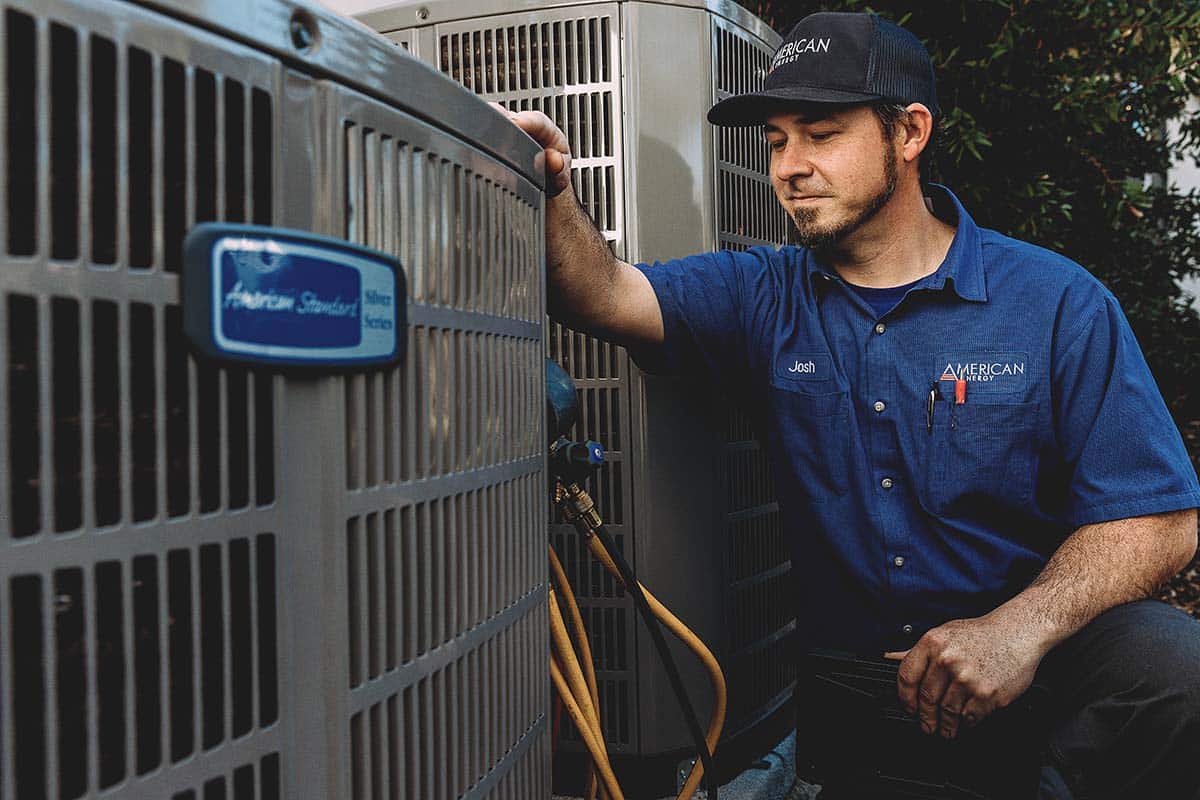
How Do I Fix My Air Conditioner That Is Not Cooling?
Introduction
When the sweltering heat of summer hits, there's nothing quite like stepping into a cool, refreshing home. But what happens when your air conditioning unit decides to take a vacation? If you've ever faced the unfortunate situation of a non-cooling AC unit, you know how frustrating it can be. In this comprehensive guide, we’ll dive deep into the world of air conditioning repair, exploring the most common issues that lead to cooling problems and providing practical DIY solutions that can save you time and money.
So grab your tools and let's get to work on Decoding Air Conditioner Issues: The Most Common Repairs and DIY Solutions for Non-Cooling Units!
Understanding Your Air Conditioning System
What is an Air Conditioning Unit?
An air conditioning unit is a complex system designed to regulate indoor temperatures by removing heat from your home. It utilizes refrigerant fluid and various components like compressors, evaporators, and condensers to achieve this balance. Understanding how these parts work together is crucial for diagnosing issues.

How Does an Air Conditioner Work?
- Evaporation: The refrigerant absorbs heat from inside your home.
- Condensation: The refrigerant releases heat outside.
Why Regular Maintenance is Essential
To keep your AC unit running efficiently, regular maintenance is critical. Dirty filters or clogged coils can lead to significant cooling issues and increase energy bills. A well-maintained system not only lasts longer but also saves you money in the long run.

Common Cooling Problems
Low Refrigerant Levels
One of the most common reasons for an AC unit not cooling properly is low refrigerant levels. This could be due to leaks or incorrect charging during installation.
Signs of Low Refrigerant
- Reduced airflow
- Ice formation on coils
- Hissing or bubbling sounds
Faulty Thermostat
Your thermostat acts as the brain of your cooling system. If it's malfunctioning, it may not communicate correctly with your air conditioner.
Symptoms of a Malfunctioning Thermostat
- Incorrect temperature readings
- Inconsistent cooling
- AC not turning on or off at set temperatures
Clogged Filters
Air filters trap dust and debris but can become clogged over time, restricting airflow and reducing efficiency.
Effects of Dirty Filters
- Poor indoor air quality
- Increased energy consumption
- Higher wear and tear on components
Electrical Issues
Faulty wiring or tripped breakers can disrupt power supply to your AC unit. This could be caused by circuit overloads or other electrical malfunctions.
Indicators of Electrical Issues
- Constantly tripping breakers
- Flickering lights when the AC starts up
- No power to the outdoor unit
Blocked Condenser Unit
If the outdoor condenser unit is blocked by debris such as leaves or dirt, it cannot release heat effectively.
Warning Signs of Blockage
- Hot air blowing out of vents
- High humidity indoors
- Unusual noises coming from the outdoor unit
DIY Solutions for Common Issues
Checking Refrigerant Levels
Before attempting any repairs involving refrigerant, ensure you're following local regulations regarding refrigerants. Here's a simple guide:
Replacing Your Thermostat
If you suspect that your thermostat is malfunctioning:
Cleaning Air Filters
To clean or replace your air filters:

Addressing Electrical Problems
If you're comfortable working with electricity:
Clearing Blocked Condenser Units
To maintain effective airflow around your outdoor condenser:
When To Call in Professionals
While many issues can be resolved through DIY efforts, some situations warrant professional help:
By recognizing when it's time to call in experts, you can avoid escalating problems that may lead to costly repairs down the line.
Preventative Measures
Taking proactive steps can prevent many common cooling issues:
Conclusion
In conclusion, understanding how air conditioners work and recognizing common problems empowers homeowners like you to tackle minor issues confidently while knowing when professional help is necessary—not only will this save you money but also ensure comfort throughout those hot summer months! By decoding air conditioner issues, you'll be equipped with knowledge about repairs and DIY solutions for non-cooling units—and who knows? You might just find yourself becoming quite handy around those tricky appliances!
FAQs About Air Conditioning Repair
Q: What should I do if my AC isn't cooling? A: Start by checking your thermostat settings, ensuring it's set correctly; then check filters for cleanliness before considering more complex issues like refrigerant levels or electrical supplies.
Q: How often should I perform maintenance on my AC? A: Ideally every year; however, some systems may benefit from biannual checks before peak seasons—spring for cooling maintenance helps prepare for summer demands!
Q: Can I recharge my own refrigerant? A: It’s advisable only if you have certification; improper handling may result in expert air conditioning company Loomis environmental hazards or damage—consult professionals whenever possible!
Q: How do I know if my compressor has failed? A: Signs include loud noises coming from outside units during operation or no cool air being produced despite running continuously; diagnostics by qualified technicians are crucial here!
Q: Is it worth investing in a smart thermostat? A: Absolutely! Smart thermostats enhance convenience while optimizing energy use by adjusting based on personal habits—saving both comfort costs long-term!
Q: What are some signs my air ducts need cleaning? A: Look out for excessive dust buildup around vents/furnaces coupled with unexpected spikes in utility bills; consider getting ducts inspected regularly by professionals experienced in duct cleaning techniques!
With this thorough understanding at hand regarding Decoding Air Conditioner Issues, you'll certainly be better prepared when those pesky non-cooling moments arise!